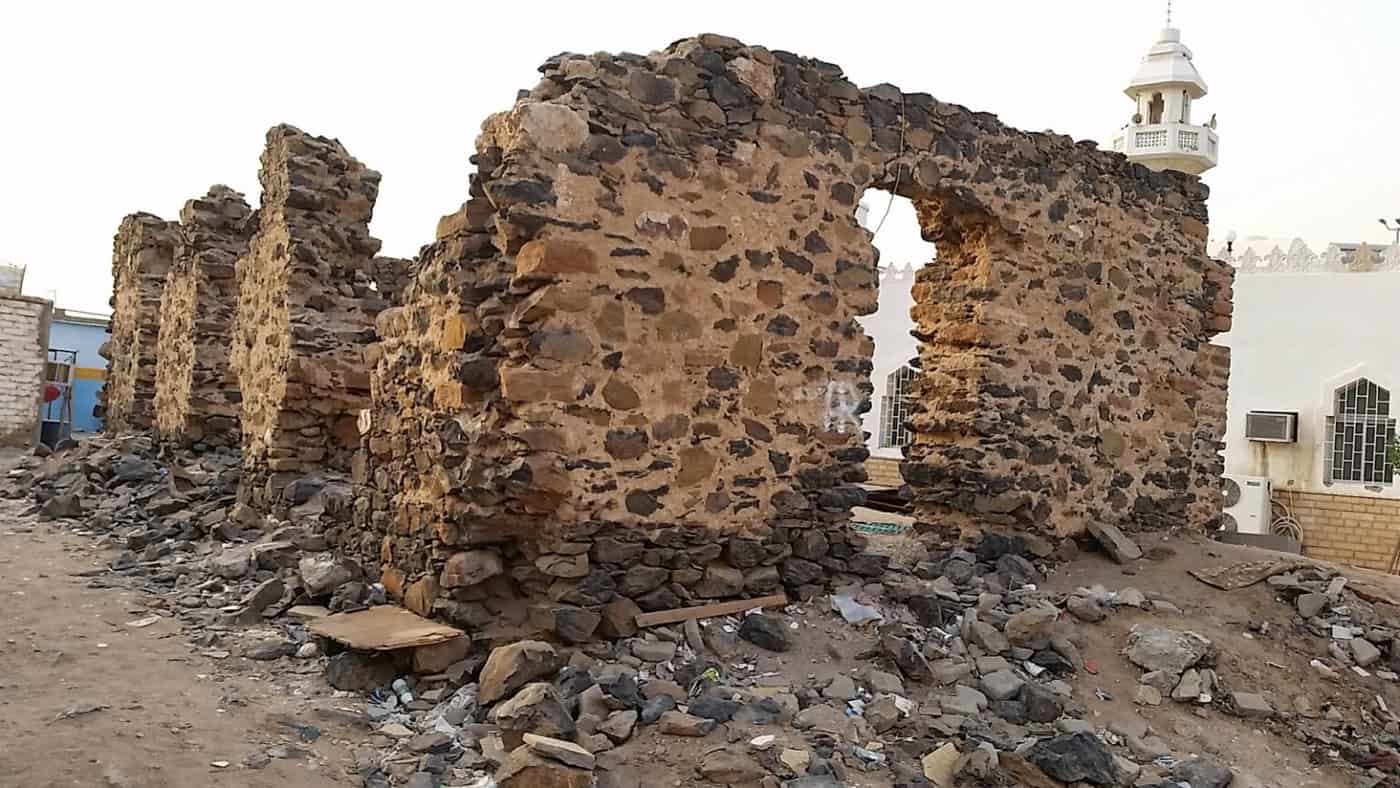Bismillah,
Peace is the best solution!
Temporary peace is only compromised for long-term peace.
The Treaty of Hudaybiyyah, signed in 628 CE between Prophet Muhammad (PBUH) and the Quraysh of Mecca, is often considered one of the most significant turning points in early Islamic history.
While many of the Prophet’s companions initially viewed it as a setback, the treaty ultimately paved the way for the peaceful expansion of Islam and the eventual conquest of Mecca.
Background
The Muslims had migrated to Medina in 622 CE, but their longing to return to Mecca, their homeland, never subsided.
In 628 CE, Prophet Muhammad (PBUH) and 1,400 of his companions set out for Mecca to perform Umrah (pilgrimage).
However, the Quraysh, still hostile to the growing Muslim community, refused to allow them entry into the city.
After lengthy negotiations, a peace treaty was signed at Hudaybiyyah, a location outside Mecca.
This treaty, although seemingly unfavorable to the Muslims, was a diplomatic victory.
Key Terms of the Treaty
The Treaty of Hudaybiyyah had several conditions, including:
1. Muslims would return to Medina without performing Umrah that year.
2. A 10-year truce between the Quraysh and the Muslims was established.
3. If any Muslim fled Mecca to Medina, they would be returned to Mecca, but defectors from Medina to Mecca would not be returned.
4. The following year, Muslims would be allowed to perform the pilgrimage for three days in Mecca.
While the terms appeared biased against the Muslims, Prophet Muhammad (PBUH) saw the long-term benefits of this agreement, recognising that the truce would provide much-needed peace and stability.
Impact and Legacy
The Treaty of Hudaybiyyah allowed for a period of peace, during which Islam spread rapidly across the Arabian Peninsula.
Many tribes, seeing the Muslims’ peaceful intentions and moral character, embraced Islam.
The treaty also led to the Prophet’s peaceful entry into Mecca two years later in 630 CE, a landmark event in Islamic history.
Application Today
Peaceful negotiation can remove hostility and aggression.
One discussion can end years of war and bloodshed.
The treaty of Hudaybiyyah exemplifies this.
Sometimes we must compromise our wants for the greater good.
Prophet Muhammad (PBUH) compromised going on a pilgrimage to Mecca during the year 628 CE for the sake of long-term peace for the Muslims and Quraysh.
Mutual interest is key here.
We must compromise in our marital relations and friendships.
In business, we should negotiate a deal where both parties feel satisfied.
By considering long-term peace and the interest of others, we can foster a diplomatic victory.
Conclusion
The Treaty of Hudaybiyyah teaches us the value of patience, diplomacy, and trust in Allah’s (SWT) wisdom.
What may seem like a setback at first can turn into an opportunity for growth and success in the long term.
It also emphasises the importance of seeking peaceful solutions over conflict, a lesson that remains relevant in our contemporary world.
Let us implement a diplomatic method to negotiate with others, fostering peace.
Ameen!
Can you think of time where you could have negotiated better?
Comment “Yes” below
And promise yourself to be better.
